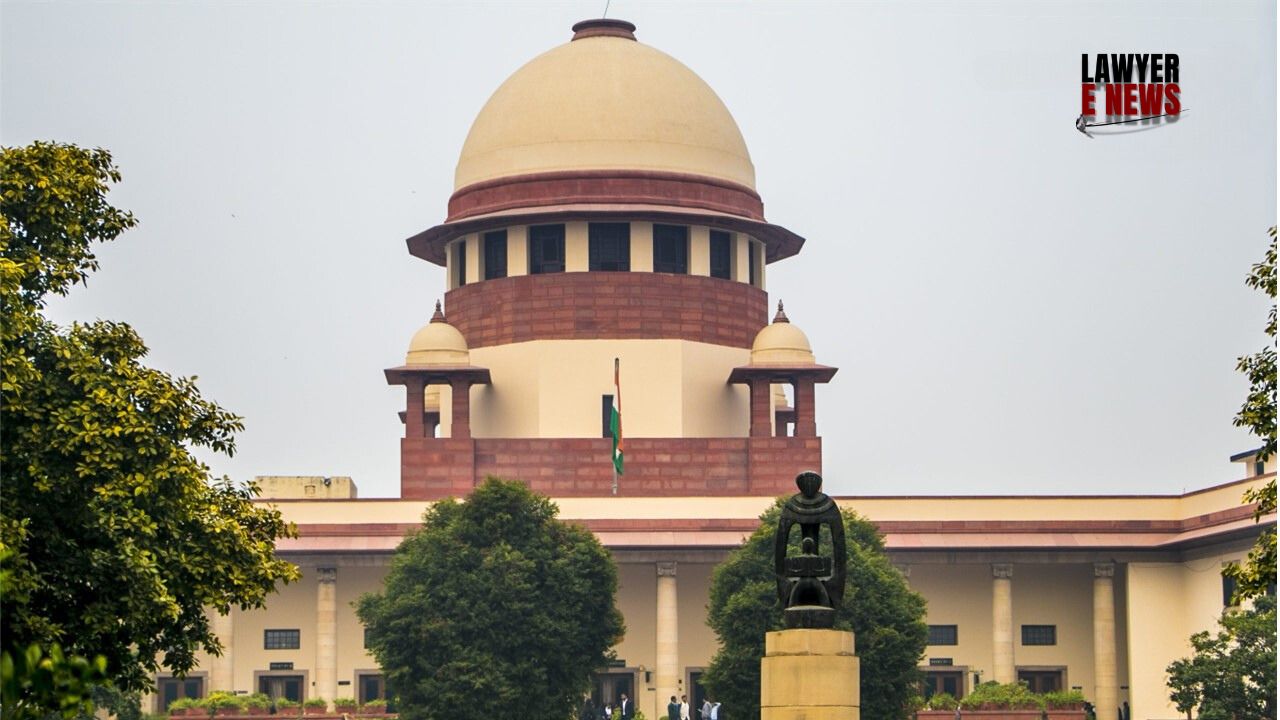-
by sayum
14 February 2026 2:22 PM



August 2024, the Supreme Court of India delivered a significant ruling concerning the application of taxes on minerals, affirming the legislative competence of States under Entries 49 and 50 of List II in the Seventh Schedule. The Court, led by Chief Justice Dr. Dhananjaya Y. Chandrachud, refused to apply the doctrine of prospective overruling, thereby permitting the renewal of tax demands under the newly established legal principles from the Mineral Area Development Authority v. Steel Authority of India (MADA) case, even on transactions predating the 2024 decision.
The matter originated from the overruling of the India Cement Ltd. v. State of Tamil Nadu judgment, which had held for 35 years that royalty on minerals constitutes a tax and that State legislatures lacked the authority to levy such taxes. This precedent was overturned by a nine-judge bench in the MADA case, which reinterpreted the constitutional provisions related to taxation on minerals. The current proceedings were a continuation to determine whether the MADA judgment should be applied retrospectively or prospectively, with the court ultimately rejecting the plea for prospective application.
The Court examined the doctrine of prospective overruling, a principle allowing courts to apply new rulings only to future cases to prevent injustice from retroactive application. The Court acknowledged that while this doctrine is often applied in cases where new constitutional principles are laid down, it has traditionally been limited to situations where invalidation of legislation or severe economic consequences would arise from retrospective application.
Justice Chandrachud noted, "The application of prospective overruling here would result in the anomaly of invalidating state legislation based on an overruled precedent, which is neither just nor constitutionally sound." He further emphasized that the doctrine should not be used to nullify the States' legislative competence affirmed in MADA.
The judgment highlighted the delicate balance between the States' right to collect taxes and the potential economic burden on entities, including public sector undertakings, which had relied on the earlier legal position established by India Cement. The Court opted for a nuanced approach, allowing States to renew tax demands but with conditions aimed at mitigating harsh financial impacts.
The Court's refusal to apply the doctrine of prospective overruling was rooted in the principle of maintaining legislative consistency and the presumption of constitutionality of state laws. The bench reiterated that tax legislation is a crucial component of state sovereignty and that retrospective validation of State laws is necessary to prevent constitutional injustices.
"In considering whether to grant prospective effect to MADA, this Court must balance the need for constitutional integrity with the practical realities faced by the States and their financial planning over the past decades," the judgment read.
The Supreme Court's ruling has significant implications for the mineral and tax sectors, reaffirming the States' ability to enforce tax laws that had previously been under judicial scrutiny. By rejecting the plea for prospective overruling, the Court has sent a clear message about the enduring authority of legislative bodies in matters of taxation, while also introducing safeguards to protect affected industries from excessive financial strain.
Date of Decision: August 14, 2024.
Mineral Area Development Authority & Anr. v. Steel Authority of India & Anr.
